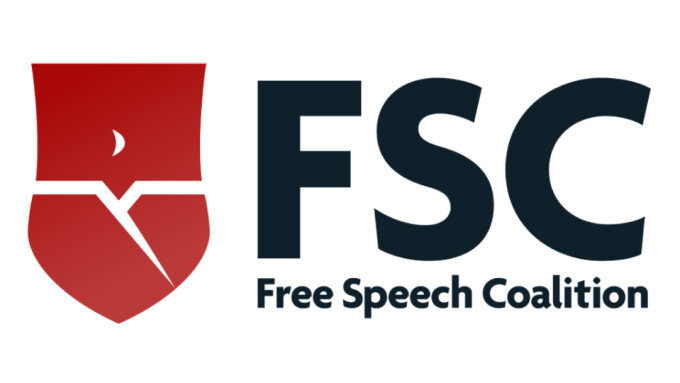LOS ANGELES — The Free Speech Coalition (FSC) has released a statement responding to last week's Supreme Court decision on FSC v Paxton, the Texas age verification law.
The statement follows:
In a radical departure from precedent, the Supreme Court affirmed the 5th Circuit Court of Appeals decision in Free Speech Coalition v. Paxton, ruling that online age verification for material “harmful to minors” is constitutional and potentially granting the government wide power to limit access to the internet.
“This shocking decision goes far beyond adult content or adult websites,” says Alison Boden, Executive Director of Free Speech Coalition. “The Court has ignored the traditional protections of the First Amendment online and given states free reign to censor controversial content and ideas, so long as the goal is to protect children.”
Previous rulings from the court held that content-based restrictions on speech needed to be both narrowly tailored and the least restrictive method of accomplishing the law’s goal, a standard known as “strict scrutiny.” In Free Speech Coalition v. Paxton, the Court ruled that when it comes to material “harmful to minors,” the government may use a significantly more relaxed standard, intermediate scrutiny. The Court decided that the Texas law meets that standard.
The implications are profound. In other states, legislators, school boards, and attorneys general have already applied the same “harmful to minors” standard to restrict sex education materials, drag shows, Pride displays, and classic literature like "The Handmaid’s Tale" and "Beloved."
Justice Thomas, writing for the majority, dismissed the burden of verifying one’s age online as "modest." Unfortunately, in practice, the vast majority of adult internet users – for perfectly understandable reasons – refuse to comply with online verification, effectively blocking their access to material they have a constitutional right to see.
While the Texas law required verification for sites with at least one-third material “harmful to minors,” Thomas’ ruling did not acknowledge such limits as necessary, suggesting that more draconian restrictions on internet access might also be permissible. In Tennessee, internet users are required to verify their identity every sixty minutes. In South Dakota, any site with any amount of material “harmful to minors,” including social media, must age verify all visitors. Both laws carry criminal consequences.
The decision will have significant implications for the fight against internet censorship bills in the United States. Free Speech Coalition’s legal team is evaluating the decision and will provide further guidance in the coming days.
Free Speech Coalition Urges Compliance
The Supreme Court’s affirmation of the 5th Circuit Court of Appeals decision in Free Speech Coalition v. Paxton will significantly impact our litigation across the country. As each case and law is different, we are consulting with our legal counsel to determine whether those laws will also survive the intermediate scrutiny standard established by the Supreme Court.
Age verification laws in 18 states are currently in effect. Age verification laws in three more states — Georgia, South Dakota, and Wyoming — will go into effect on July 1. As we have cautioned previously, platforms that choose to be accessible in those states should comply with the laws to limit liability. We urge platforms to be vigilant as we expect enforcement of those laws to increase dramatically in the coming weeks and months.
This is a dangerous time for our industry and for access to a free and open internet. In South Dakota, the operator of any platform with any amount of material “harmful to minors” is liable under the law and can be prosecuted criminally. This would likely implicate not only adult sites but social media platforms such as X, Reddit, and Discord, retailers of sexual wellness products, including Amazon and Walmart, and platforms with audiobooks and ebooks.
Even more concerning, Republican-led states like South Dakota have applied the same “harmful to minors” standard in the age verification law to sexual health resources, young adult novels, Pride displays, and classic literature like The Handmaid’s Tale and Beloved. As of July 1, websites with such material may be targeted by the law.
With conservative activists emboldened by the ruling, we fear and expect that censorship of both adult and non-adult material and websites will increase dramatically. While we all work to understand the scope of the Supreme Court’s ruling, we recommend that all internet sites with resources, products, books, or other material that could potentially be viewed as “harmful to minors” consult legal counsel to understand the potential risks.
For more information, visit FreeSpeechCoalition.com.








